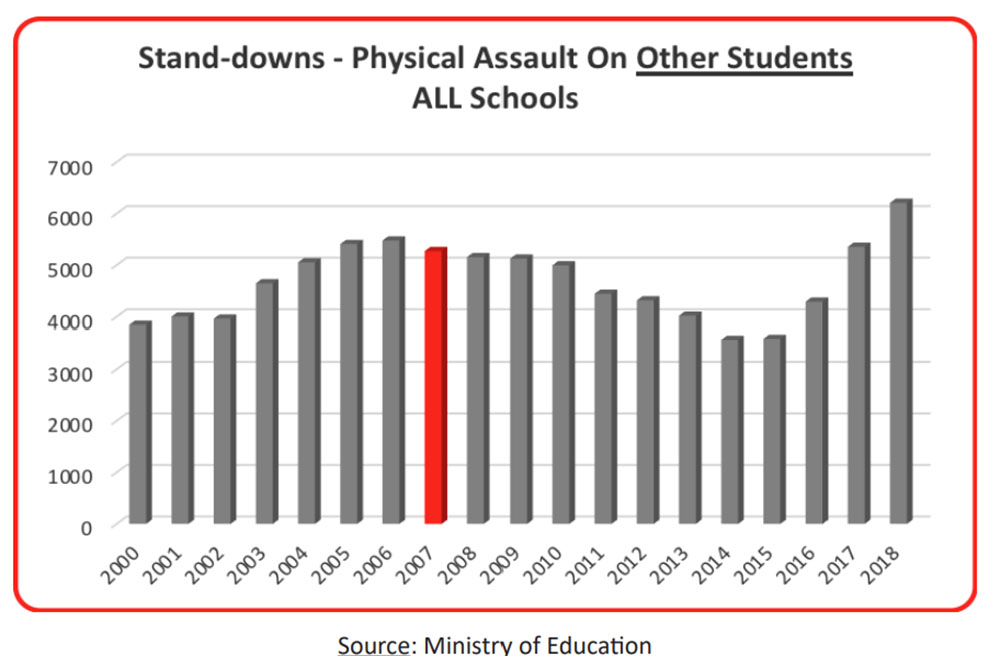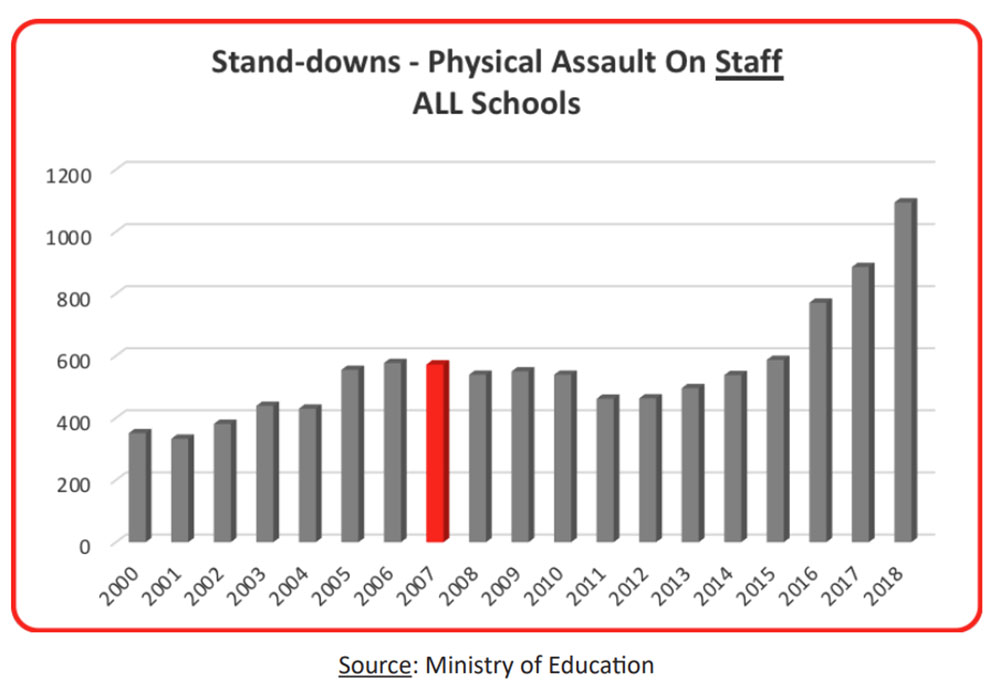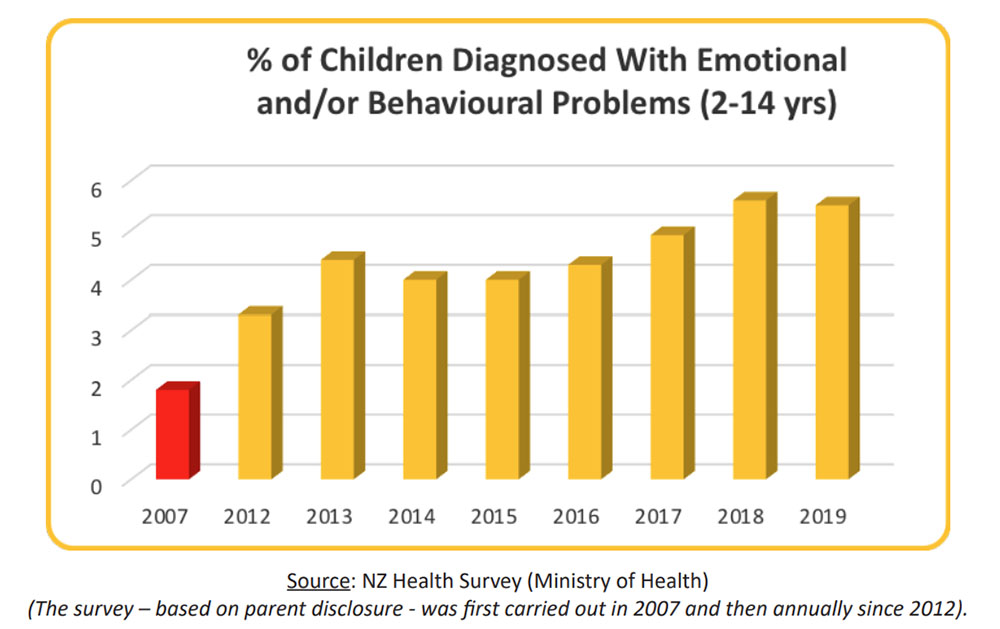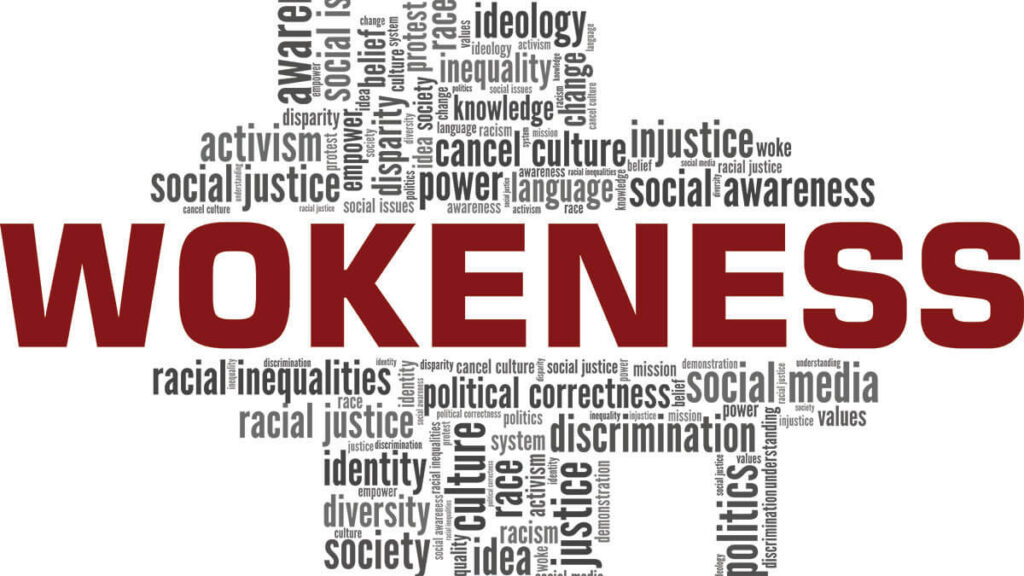Statistics obtained by Family First suggests that escalating school student violence should not be solely blamed on the covid-19 lockdowns.
Radio NZ reported this week that stand-downs, suspensions and exclusions, involving assaults between students, rose by 23% in 2023 compared to 2022. It also said that the 11,575 stand-downs for assaults were 28% more than 2019 – the year before pandemic lockdowns prompted a drop in disciplinary figures.
Principals interviewed in the news story pointed the finger at the pandemic lockdowns as the reason behind the increase.
However, is there more to this story?
Covid 19 has become the scapegoat for many going through challenging times. While it may have had some impact, statistics from the Ministry of Education point to an already increasing trend of violence at schools well before the pandemic.
Physical assaults between students have been increasing since 2016 as seen in the graph below.

At the beginning of 2018, the NZ School Trustees Association expressed concern about intermediate and primary schools being forced to consider excluding and suspending students, amid a reported rise in extreme behaviour among children. The President of the NZ School Trustees Association Lorraine Kerr at the time said, “Normally one would expect this type of behaviour in secondary schools. It’s now becoming intermediate schools, and in some extreme cases … it’s presenting itself in primary.”
And it’s not only assault on students which is an issue. Violence against school staff has been increasing since 2013.

A NZ Health Survey started in 2007, looking at young people with emotional and behavioural problems. As you can see, even prior to the covid-19 lockdown, there was an increasing trend in young people being diagnosed with emotional and behavioural problems.

So why is this all happening?
While it is hard to pinpoint an exact reason, let’s not forget that these are our children. Any increase in violence has to be learnt from somewhere. There is also always an opportunity to competently resolve the issue and put in place safeguards, so it doesn’t happen again.
Internet and social media influence/use by young people will be put at the top of many peoples list. And, yes, there is enough evidence to suggest that excessive use does create harm to health.
But let’s not forget that in 2007, the Green Party introduced anti-smacking law, came into effect amending the Crimes Act. The majority of children of that era are now making their way through the schooling system. Could it be that the restrictions on the way we discipline our children may have had added to this significant increase in bad behaviour? Have the changes to parenting styles, involving zero physical discipline, seen children more likely to disrespect their parents (and others) and therefore kids have learnt that there are no immediate repercussions to their disobedience, and that they are more likely to get away with unsatisfactory behaviour? Surely, less violence towards children in their homes would lead to kids being less violent at school.
We will leave that with you to ponder.
It is clear that more young people are becoming increasingly violent and disconnected with behavioural norms. It seems that these young people do not give much thought to the repercussions of their actions, both the effects on themselves but also on others. You can’t blame that on covid-19.
*Commentary by Family First Staff Writers



